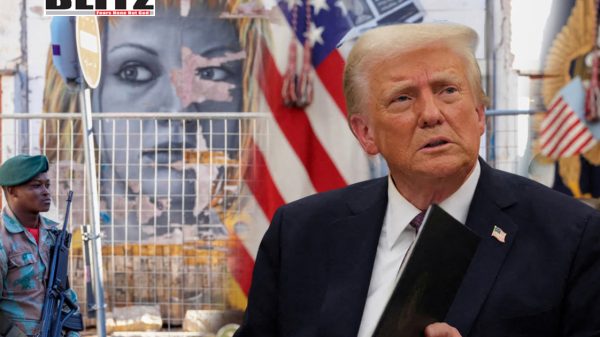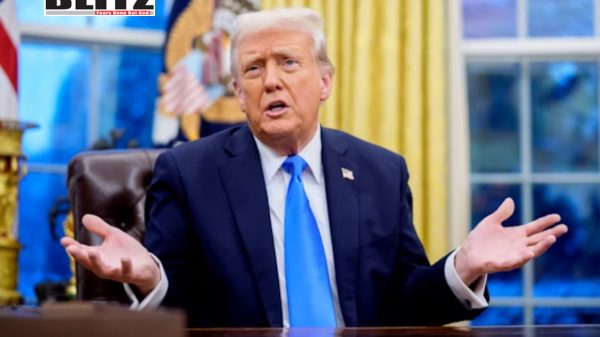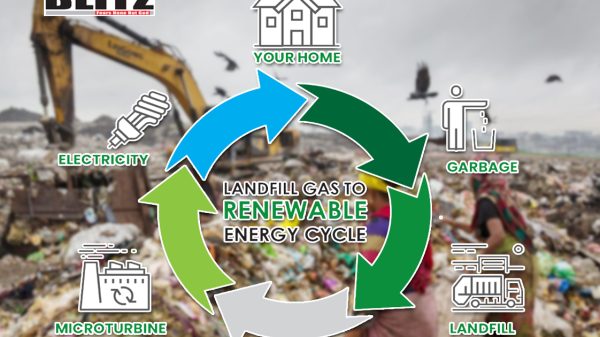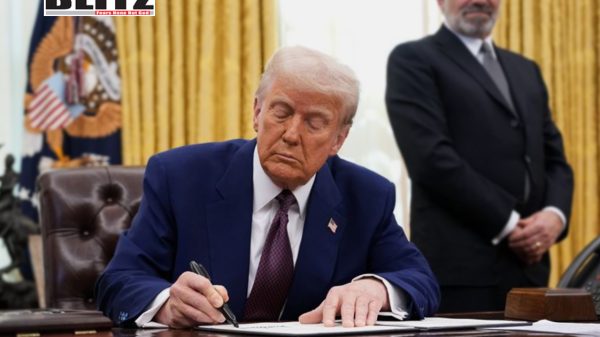White South Africans reject Trump’s refugee offer vow to stay
- Update Time : Tuesday, February 11, 2025

In a resounding response to a controversial executive order signed by US President Donald Trump on February 7, major Afrikaner organizations in South Africa have rejected the offer to be resettled as refugees in the United States. The order, which also suspends US financial assistance to South Africa over concerns regarding land expropriation policies and Pretoria’s legal action against Israel at the International Court of Justice (ICJ), was met with firm opposition from groups like AfriForum and the Solidarity Movement.
The proposal from Trump was aimed at Afrikaners, the white South African descendants of Dutch settlers who arrived in the region during the 17th century. Afrikaners, particularly white farmers, have been at the center of an ongoing and contentious debate regarding land redistribution in post-apartheid South Africa. The government’s commitment to transferring 30% of agricultural land to black South Africans by 2030, coupled with recently signed legislation allowing land expropriation without compensation under specific conditions, has sparked concerns among white landowners.
Despite these challenges, Afrikaner leaders have made it clear that they do not view themselves as refugees and will not seek asylum elsewhere. Kallie Kriel, the CEO of AfriForum, stated in a press briefing in Pretoria that Afrikaners are dedicated to staying in their homeland.
“We don’t want to move elsewhere, and we are not going to ask our children now to move to another country. We have the interests of future generations at heart and must ensure that our culture is passed down; that cannot be done abroad,” Kriel asserted.
Similarly, Flip Buys, the chairman of the Solidarity Movement, emphasized that while Afrikaners may have disagreements with the ruling African National Congress (ANC), they remain committed to South Africa and do not see themselves as a people in need of rescue.
“Afrikaners are not looking for handouts or an escape route,” Buys said. “We will stand our ground, create solutions within our country, and work for the recognition of Afrikaners as a group rather than seeking privilege.”
The South African government has dismissed Trump’s executive order as “misleading and based on misinformation.” Officials argue that white South Africans remain among the country’s most economically privileged groups and that claims of state-sponsored discrimination are exaggerated.
A spokesperson from the Department of International Relations and Cooperation (DIRCO) noted that US financial aid to South Africa is primarily allocated to HIV/AIDS prevention programs and expressed disappointment that Washington was using financial leverage to exert political pressure.
“This order does not reflect the reality in South Africa. Afrikaners are not a persecuted group. Our land policies are designed to redress historical injustices without targeting any particular racial group unfairly,” a DIRCO official stated.
Land reform has long been a contentious issue in South Africa. When apartheid ended in 1994 and the country transitioned to a multiracial democracy, white farmers controlled the majority of agricultural land. The ANC government has since aimed to redistribute this land to address historical inequalities, but progress has been slow and fraught with legal and political challenges.
In an effort to accelerate this process, President Cyril Ramaphosa recently signed legislation allowing for land expropriation without compensation under conditions deemed “just and equitable.” Supporters of the policy argue that it is necessary to correct past injustices, while critics warn that it could deter investment, destabilize the agricultural sector, and provoke an international backlash.
While some Afrikaners have expressed fears that the new policy could lead to economic instability and a deterioration of property rights, many within the community believe that solutions should be sought domestically rather than through foreign intervention.
Despite Trump’s offer and the ongoing land ownership tensions, Afrikaner leaders have reaffirmed their dedication to their homeland. Groups like AfriForum have been actively involved in advocating for property rights and engaging in legal battles to challenge what they see as unconstitutional land seizures.
Beyond legal efforts, Afrikaner organizations are focusing on self-reliance by establishing independent economic and social structures. The Solidarity Movement has invested in Afrikaner-run educational institutions, such as Sol-Tech, a vocational college aimed at training young Afrikaners in technical skills to ensure economic sustainability within the community.
AfriForum has also taken a proactive approach by engaging in international advocacy. In 2018, Kallie Kriel led a delegation to the United States and Europe to raise awareness about farm attacks and the broader concerns of Afrikaners. However, these efforts were centered on securing international recognition rather than seeking asylum.
“Our goal is to ensure that Afrikaners have a future in South Africa, not to flee. We will continue to defend our rights through legal and political means while working within the country to find sustainable solutions,” Kriel stated.
Trump’s executive order has added another layer of complexity to US-South Africa relations. By linking financial aid to concerns over land policies and the ICJ case against Israel, Washington has signaled a willingness to use economic pressure to influence Pretoria’s decisions.
For the ANC government, the move is seen as an intrusion into domestic affairs. President Ramaphosa has pushed back against external pressure, emphasizing that land reform will proceed based on South African interests rather than foreign dictates.
For Afrikaners, Trump’s intervention may have highlighted their concerns but ultimately failed to offer a viable solution. The overwhelming response from the community has been to reject any notion of refugee status and to reinforce their commitment to remaining in South Africa.
The debate over land reform in South Africa continues to be one of the country’s most pressing political and economic issues. While concerns about land expropriation without compensation persist, Afrikaner groups have made it clear that they will not abandon their homeland in search of asylum.
Trump’s executive order has stirred international debate, but it has also strengthened Afrikaner resolve to seek solutions within South Africa. With a focus on economic independence, legal battles, and advocacy, white South Africans are positioning themselves not as refugees but as determined participants in shaping their country’s future.
As the land reform process unfolds, the ability of Afrikaners and the broader South African population to find a sustainable and equitable path forward will be critical in maintaining stability and unity in the nation.














Leave a Reply